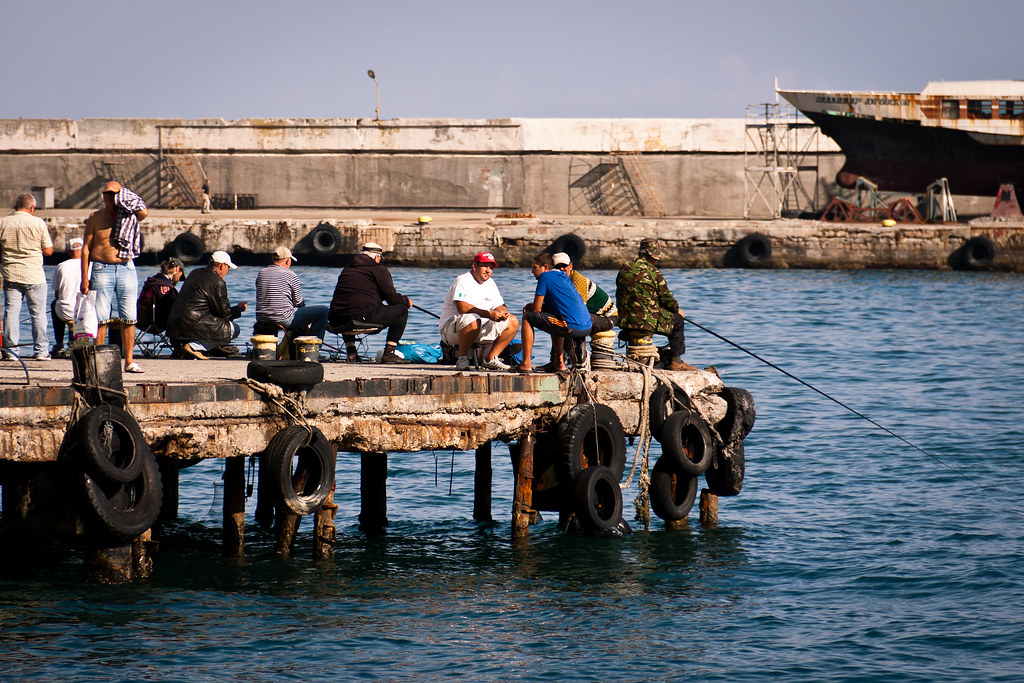SIMFEROPOL — One year after Russia annexed Crimea, oyster farmer Sergey Koulik is exultant about both the future and the past. "Russian Crimea means new markets, more business and state funding," he says. "Crimea's return to the mother country is a good history lesson for all of Europe."
Koulik owns the only oyster farm in the area, near Yalta, and wants to take advantage of the embargo the West imposed on Moscow in August 2014 on various European products, including seafood. "Since then, restaurants in Moscow and Saint Petersburg haven't stopped calling me," he says. "We're going to start to produce on an industrial scale."
The oyster farmer has already invested $2 million and expects to be granted public loans from Moscow for another $2 million. "When we switched from Ukraine to Russia, we moved from a poor country to a rich country," he says with enthusiasm.
Since Russia annexed Crimea on March 18, 2014, many local companies have received help. "Moscow has been investing a lot in the peninsula," says Alexander Bassov, head of the Crimean Chamber of Commerce. "Like a real mother, it would sacrifice itself to help its child."

In Yalta — Photo: ahenobarbus
He characterizes the Russian annexation as "the dream of a lifetime," and refers to the government in Kiev as "fascists." Bassov says without Moscow's intervention last spring, Crimea would have seen open war break out like it has in parts of eastern Ukraine.
This version of the story is the one most of the local population offers to a visiting reporter, even though Russian President Vladimir Putin admitted to having started planning very early to "return Crimea to Russian territory." The operation was launched soon after pro-Russian Ukrainian President Viktor Yanukovych was toppled on Feb. 22, 2014, one month before the official annexation.
But not all businessmen are happy to have be under Russian rule. "People can always believe in tales," says an ironic Dmitri, one of the few critical voices in Simferopol. The young entrepreneur and manager of an online sales company watched with worry as almost every single Western company left the area over the past year. He's been struggling for months to work normally. The peninsula's geographical isolation, removed from Ukraine and still poorly connected to Russia, has affected the region's business.
Ukrainian banks have closed. The Russian one in this city that has opened has issued local payment cards to replace Visas and MasterCards, which are forbidden under the international sanctions imposed on Moscow. A new system was also created to compensate for the lack of online-payment services such as PayPal.
"There is in fact an economic crisis in Crimea," Dmitri insists. "And there's also an economic crisis in Russia. Even though few people dare to say so out loud, more and more are starting to grumble."





